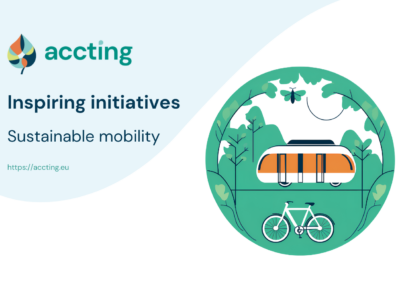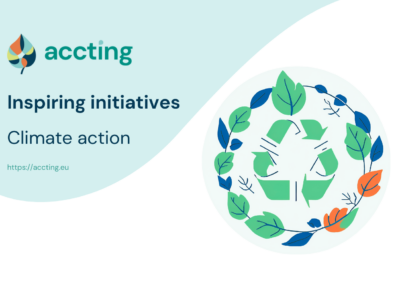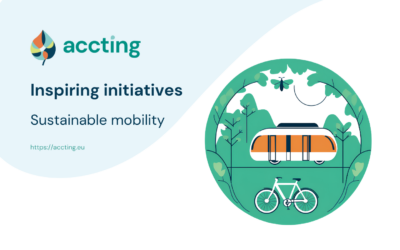
Photo by Drazen Zigic from Freepik
ACCTING aims to understand the impact of Green Deal policies on vulnerable groups, prevent inequalities, and produce knowledge and innovations to advance behavioural change at individual and collective levels for an inclusive and equal European Green Deal. This bottom-up initiative was collected by Don Lee within ACCTING’s mapping of inspiring practice cases, within the Farm to Fork research line. Read our report on all 693 mapped initiatives.
Planting justice, US
Creating green jobs to help incarcerated people transitioning from prison
The initiative focuses on creating employment opportunities in the green sector for individuals transitioning from incarceration. Since 2009, the project has established more than 550 permaculture gardens in the San Francisco Bay Area, enabling people to grow their own food. Additionally, they have collaborated with five high schools to develop a food justice education program. Through a partnership with a state prison, prisoners are trained in permaculture gardening, and their work continues even after their release, resulting in the creation of over 40 green jobs in the food justice movement for formerly incarcerated individuals.
Fostering economic and social resilience
The organization, Planting Justice, offers various programs aimed at fostering economic and social resilience:
- Food Sovereignty
Addressing the structural inequalities present in the industrialized food system, including the exploitation of food system workers, limited access to fresh and nutritious food in low-income communities of color, and an over-reliance on packaged and processed food that harms both our bodies and the environment.
- Economic Justice
Building a local and sustainable food system to generate thousands of green jobs, offering fair wages and comprehensive benefits to provide dignified livelihoods in the food industry. The project aims to revitalize the local economy and increase access to nutritious food through investing in food workers.
- Community Healing
Supporting healing justice in collaboration with marginalized communities that have faced systemic oppression, the initiative seeks to provide equal access to affordable and nutritious food, dignified jobs, education, green spaces, safety, and mobility. Their goal is to support the holistic well-being of these communities and address the barriers they face.
By establishing edible gardens, promoting economic justice, and focusing on community healing, Planting Justice is working towards transforming the food system and creating positive social and environmental change.
More inspiring initiatives

A city on two wheels
In the heart of Sweden, the Uppsala Cycling Association (UCF) has been Read More

Transforming urban transport
Bicycle Łódź is a dynamic social initiative launched by the "Normal ... Read More

Transforming education for a sustainable future
Ibda L-Bidla is an initiative by Kopin in Malta, designed to integrate Read More

Cycling for change
Vélorution Esch is a community-driven initiative in Esch-sur-Alzette, ... Read More

Revolutionising sustainable mobility in Luxembourg
CARLOH is Luxembourg's pioneering car-sharing service, designed to ... Read More

Paving the Way for a Greener Future
The Wrocław Cycling Initiative is transforming Wrocław into a truly ... Read More

Educating the Next Generation of Cyclists
The Cycling School of Active Citizenship, a project initiated by the ... Read More

Empowering young cyclists for a greener future
The Lisbon Municipal Programme of Bike Trains is an innovative ... Read More



